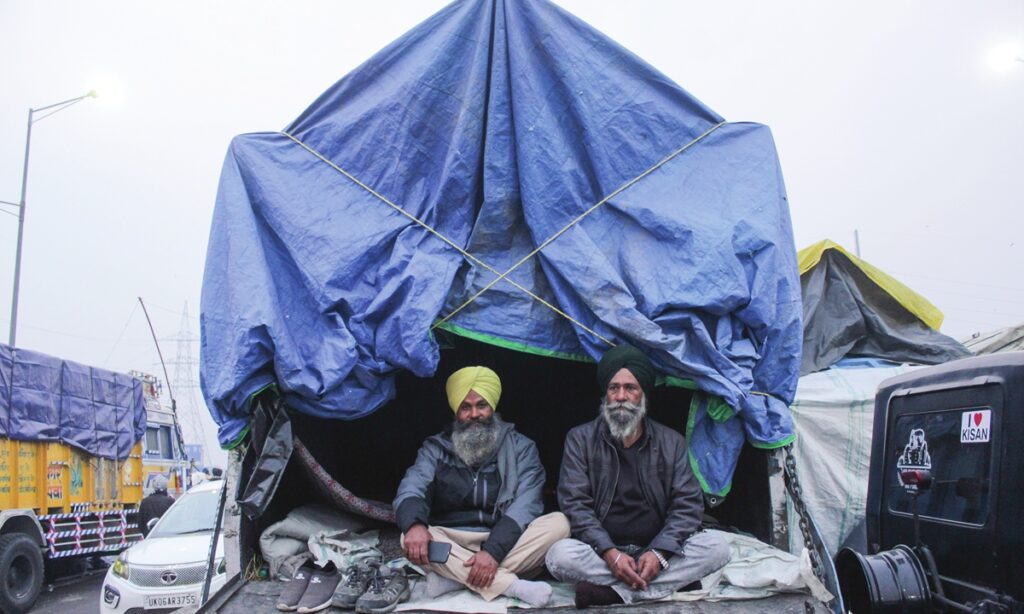India aims to begin vaccinating its 1.3 billion people against coronavirus from Saturday, a colossal and complex task compounded by safety worries, shaky infrastructure and public skepticism.
In one of the world’s biggest rollouts, the planet’s second-most populous nation hopes to inoculate 300 million people – equal almost to the entire US population – by July.
First to get one of two vaccines granted “emergency approval” will be 30 million health and other frontline workers, followed by around 270 million people aged over 50 or deemed high-risk all over the vast nation.
About 150,000 staff in 700 districts have been specially trained, and India has held several national dry runs involving mock transportation of vaccines and dummy injections.
Authorities will use the experience from holding elections in India, and from regular child immunization programs for polio and tuberculosis.
But in an enormous, impoverished nation with often shoddy transport networks and one of the world’s worst-funded healthcare systems, the undertaking is still daunting.
Regular child inoculations are a “much smaller game” and vaccinating against COVID-19 will be “deeply challenging,” said Satyajit Rath from the National Institute of Immunology.
The two vaccines approved by India – AstraZeneca’s Covishield, made by local partner the Serum Institute, and Bharat Biotech’s Covaxin – need to be kept refrigerated at all times. A total of 29,000 cold-chain points, 240 walk-in coolers, 70 walk-in freezers, 45,000 ice-lined refrigerators, 41,000 deep freezers and 300 solar refrigerators are at the ready.
India has four “mega depots” to take delivery of the vaccines and transport them to state distribution hubs in temperature-controlled vans, but the final leg will be tough.
In a recent exercise in rural Uttar Pradesh, where summer temperatures exceed 40 C, a health worker was pictured transporting boxes of dummy vials on his bicycle.
During the last dry run on Friday, workers at one health center in Bangalore had to use a cellphone hotspot to go online because their network was down.
Farmers sit in a tractor-trolley on a blocked highway during a protest against the newly passed farm bills at Delhi-Uttar Pradesh border near Ghazipur on the outskirts of New Delhi, India on Saturday. Photo: AFP



